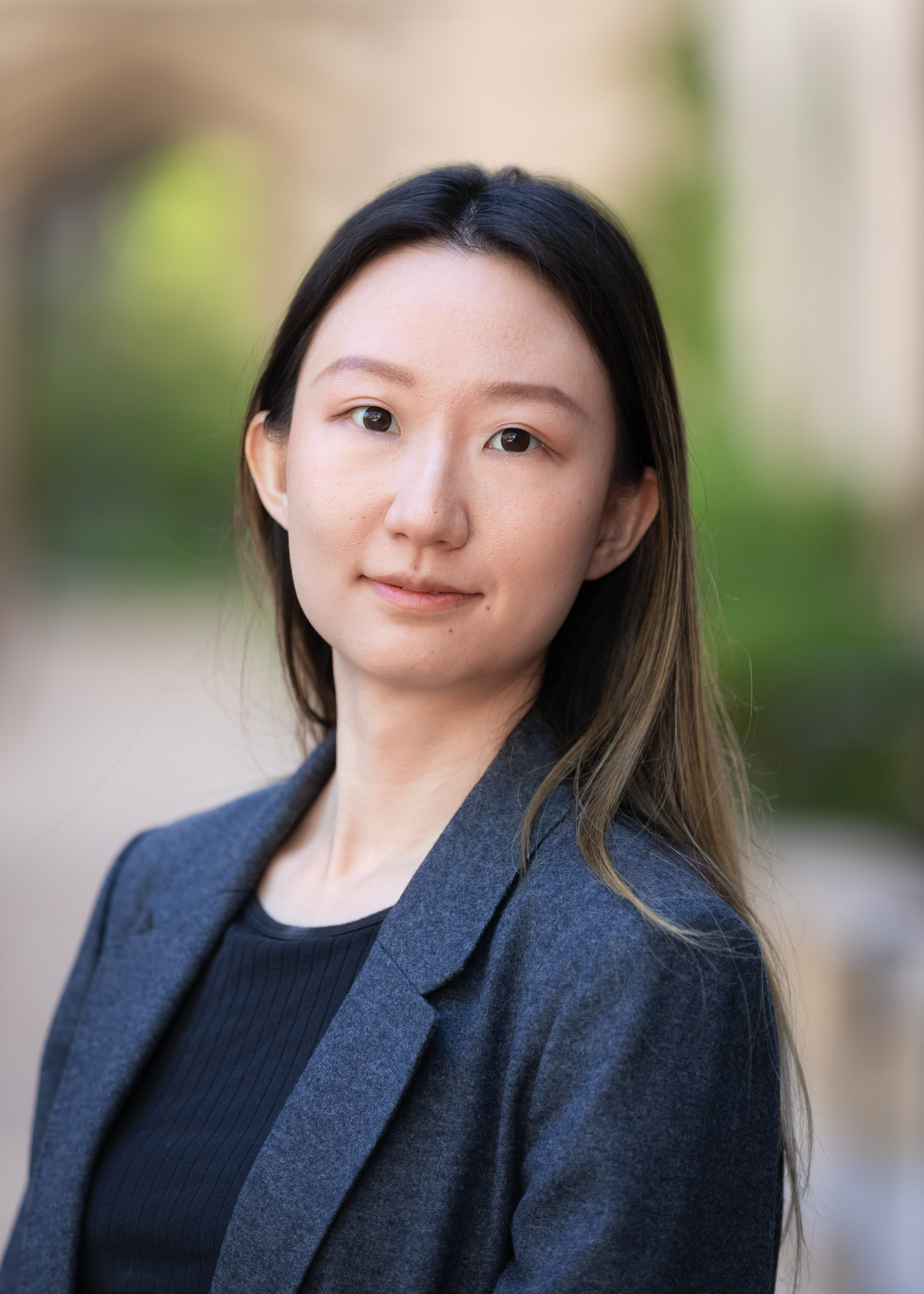
Biography:
Ziyuan Yang is a PhD student at the University of Chicago’s Sociology Department. Her research interests include fertility, knowledge, and medicine. In her previous research, Ziyuan examines the interplay between international relations, manufacturing, and population policy to study the IUD spread in China during the One-Child Policy. Ziyuan’s current research project zooms into WHO’s involvement in contraceptives during the mid-to-late twentieth century, aiming to understand how international organizations, geopolitics, and global markets have shaped our understanding of modern contraception.
Project Title: Contraception and WHO: global research, geopolitics, and contraceptive knowledge
Abstract:
My project examines WHO’s involvement in contraceptives during the mid-to-late twentieth century from a historical sociology perspective. Dominant narratives about the global consensus on modern contraceptives paint a caricature of Western countries imposing a set agenda on low-income countries, but the reality is far more complex. Over the course of four decades, the WHO became a dominant authority on contraception through a series of successful and unsuccessful scientific, political, and economic collaborations with many entities across the globe. I focus on WHO’s contribution to contraceptive knowledge production through “collaborating with national authorities,” particularly the knowledge produced by developing countries. Through this project, I will theorize how international organizations, geopolitics, and global markets have shaped our understanding of contraceptives, and I aim to contribute to empirical debates about global health governance and population history. What makes this project truly global is that my approach emphasizes the national-international collaborations (especially with India, China, Turkey, and Egypt), highlighting their role as active contributors to contraceptive knowledge production, rather than simply recipients of health policies.
 THE UNIVERSITY OF CHICAGO
THE UNIVERSITY OF CHICAGO

